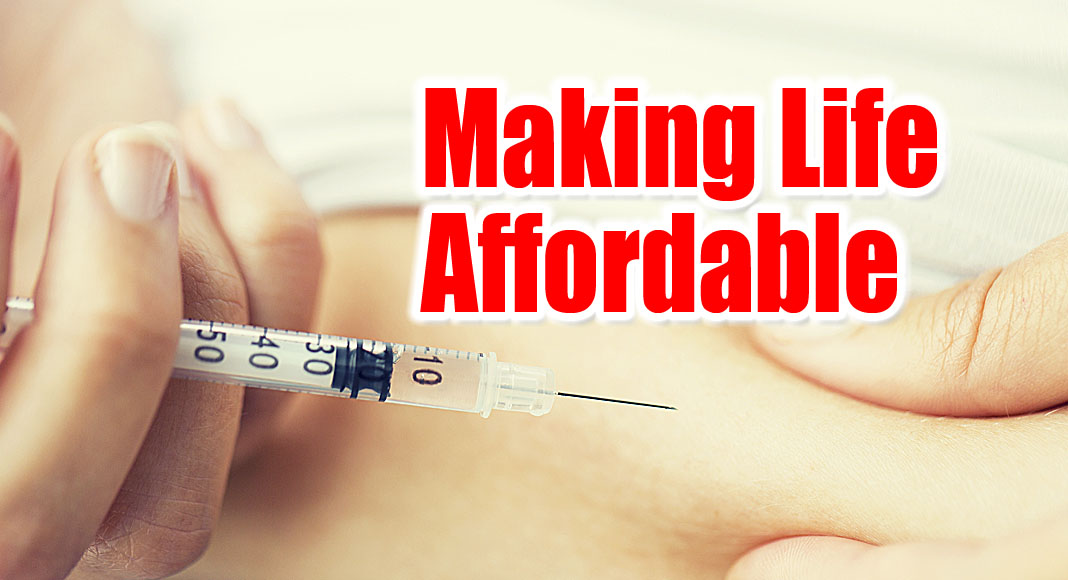
Mega Doctor News
Newswise — WASHINGTON—The Endocrine Society applauds the House of Representatives for hearing our call to improve insulin affordability for people with diabetes as it prepares to vote on the Affordable Insulin Now Act this week.
The bill would cap patients’ out-of-pocket insulin costs to $35 per month for people on Medicare and private insurance who rely on insulin to manage their diabetes. The Society supports an insulin co-pay cap and recommended this step in its position statement on insulin access and affordability.
While the Affordable Insulin Now Act is a promising step toward improving insulin affordability for some individuals, Congress must still address the underlying problem of soaring insulin prices, which tripled over a 15-year period, and continue to rise. Policies must be implemented to address the drivers of rising insulin prices, not just out-of-pocket costs.
An insulin co-pay cap is an important component to solving this problem. However, we caution against passing this as a standalone measure without including additional protections that address rising price, prevent premium increases, or result in a rising rate of uninsured Americans.
We look forward to continuing to work with Congress in a bipartisan manner to pass legislation that will lower health care costs and help the millions of Americans living with diabetes who rely on this lifesaving drug. The millions of people living with diabetes for whom insulin is a lifesaving medication cannot wait.
Endocrinologists are at the core of solving the most pressing health problems of our time, from diabetes and obesity to infertility, bone health, and hormone-related cancers. The Endocrine Society is the world’s oldest and largest organization of scientists devoted to hormone research and physicians who care for people with hormone-related conditions.
The Society has more than 18,000 members, including scientists, physicians, educators, nurses and students in 122 countries. To learn more about the Society and the field of endocrinology, visit our site at www.endocrine.org.
Follow us on Twitter at @TheEndoSociety and @EndoMedia.










